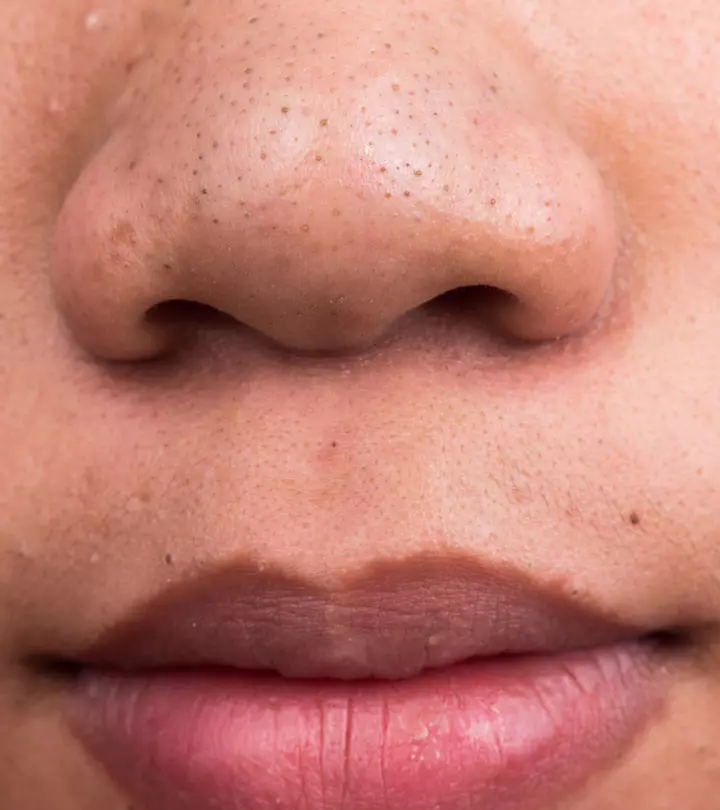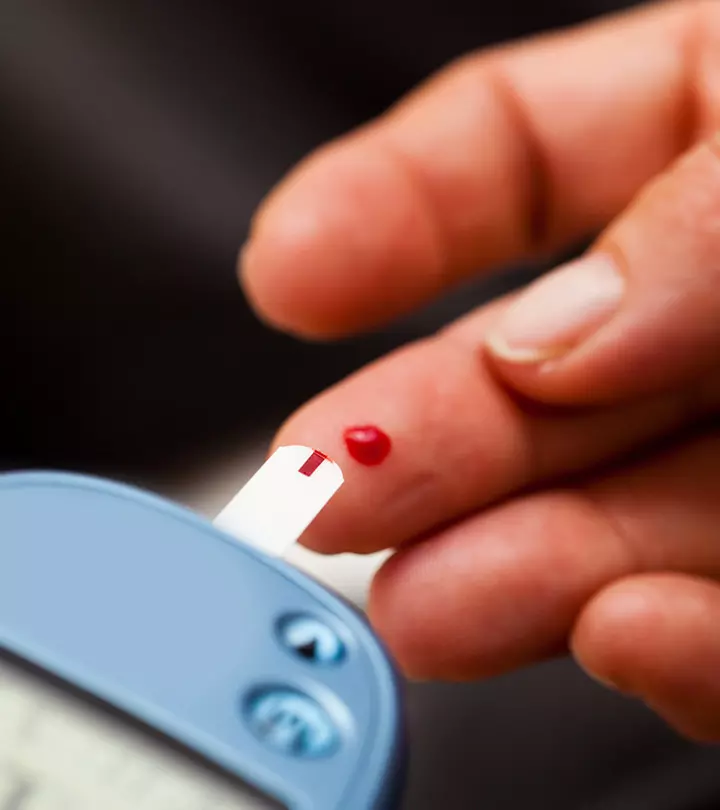In today’s fast-paced world, where modern medicine often takes the forefront, the age-old wisdom of home remedies continues to hold a special place in our quest for health and well-being.
Home remedies encompass a diverse array of natural solutions that have been passed down through generations. These offer relief from various ailments, providing a holistic approach that complements medical interventions. From soothing a sore throat with warm honey and lemon concoctions to alleviating the discomfort of constipation with fiber-rich foods, calming a persistent cough with herbal teas, or combating a sinus infection with steam inhalations, these simple yet effective remedies have stood the test of time.
Today, many individuals are rediscovering the healing power of everyday ingredients found in their kitchens and gardens. Not only do these home remedies offer potential relief from common discomforts, but they also empower individuals to take control of their health in a natural and accessible way. By embracing the gentle yet potent solutions provided by nature, we bridge the gap between tradition and modernity. This way, we acknowledge the wisdom of our ancestors while incorporating it into our contemporary lives.
On this page, we explore various home remedies for a range of ailments. These include home remedies for constipation where we offer insights into dietary adjustments and hydration strategies. We delve into home remedies for cough, where the soothing qualities of honey and herbal infusions come to the fore. We also uncover effective home remedies for sinus infections, where we understand how steam inhalations and saline rinses can provide relief. Through this enriching journey, we not only find comfort but also connect with our roots and the ageless knowledge that can guide us toward holistic well-being.
Articles on StyleCraze are backed by verified information from peer-reviewed and academic research papers, reputed organizations, research institutions, and medical associations to ensure accuracy and relevance. Read our editorial policy to learn more.











